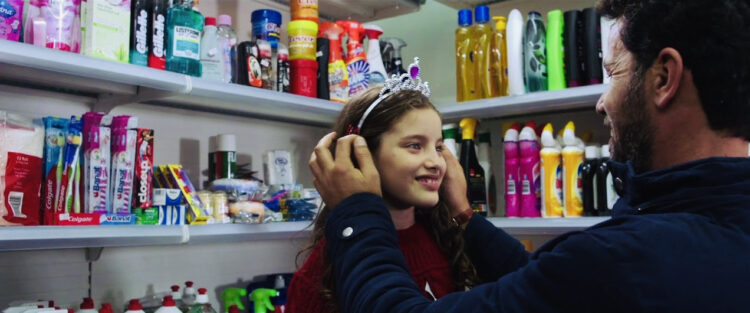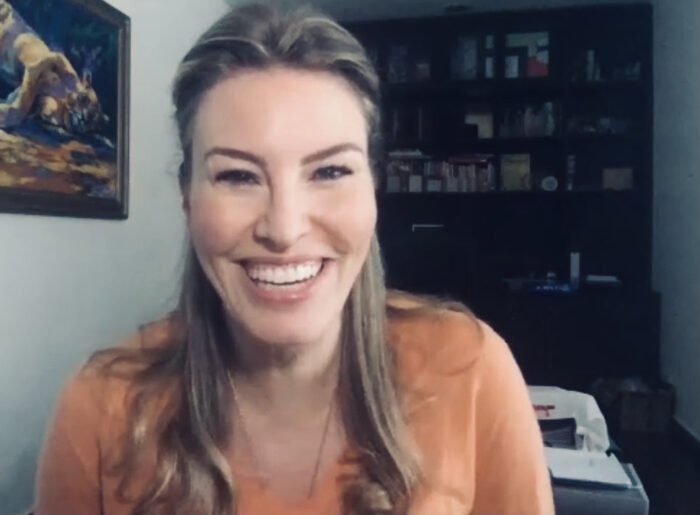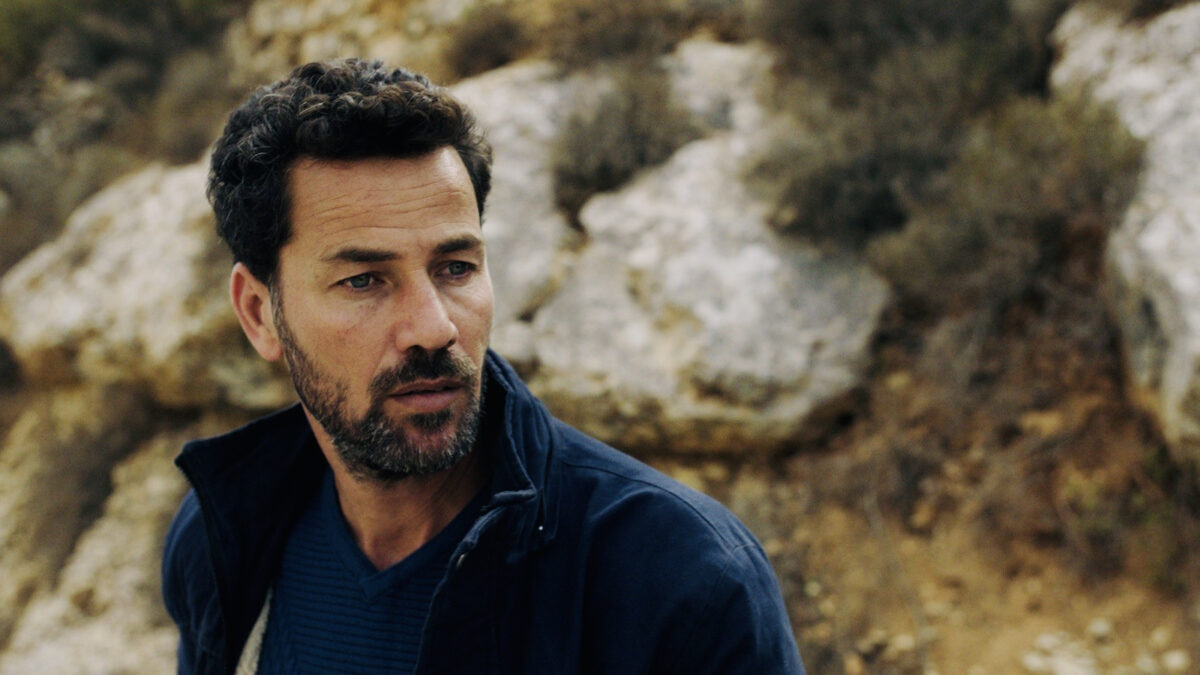To its Palestinian inhabitants, Israel’s occupation of the West Bank is a source of anger and humiliation. Israeli checkpoints curtail their freedom of movement and Israel’s settlements, military camps and roads divide the West Bank into archipelagos of isolated enclaves, rendering the prospect of a contiguous Palestinian state all but impossible.
Farah Nablusi’s film, The Present, now available on Netflix and a contender for this year’s Academy Award in the live action short film category, cries out at the injustice of the Palestinians’ parlous situation. Nablusi, an Anglo-Palestinian filmmaker born, raised and educated in London, registers her protest of Palestinian powerlessness through the travails of one man.
Yusuf Khalidi (played by the Israeli Arab actor Saleh Bakri), accompanied by his young daughter Yasmine (Maryam Kanj), leaves his home near Bethlehem to buy a fridge. It will be wedding anniversary gift for his wife Noor (Mariam Kamel Basha), whose fridge door needs fixing.

At an Israeli army checkpoint close to his house, a soldier asks Yusuf to remove his jacket. As he well knows, suicide bombers intent on killing Israelis wear explosive vests under their jackets, but this salient fact goes unmentioned in Nablusi’s film. In short order,Yusuf is directed into a cage, as if he is some kind of a wild beast, while Yasmine waits passively for her father to be released.
In the meantime, Yasmine pees in her pants. “I couldn’t hold it,” she explains after Yusef’s release. It’s an embarrassing moment for this little girl, but Yusuf shows compassion and understanding.
Yusuf finally manages to buy a fridge, only to learn that the vehicle that is supposed to transport it is not permitted to pass through an Israeli checkpoint. Yusuf quickly solves the problem by loading it on a trolley.
“Why did you buy the fridge?” a soldier inquires.
“A present for my wife,” Yusuf replies.
Yusuf is ordered to open its door. A soldier who removes a black plastic bag from its interior is repelled by the odor. “You’re all disgusting,” he says, spitting out his words with contempt.
Proceeding to the next checkpoint, Yusuf learns he may have to leave the fridge behind. “What do you want from me?” he shouts in frustration and rage, banging his fists on a box and causing a commotion.
At this point, a sympathetic Israeli soldier persuades the commander to let Yusuf through. It’s only a fridge, he says.
To Nablusi, this minor incident is rife with implications about the controlling and repressive nature of Israel’s occupation of the West Bank, which began during the 1967 Six Day War.
In this stripped-down and affecting film, she focuses on its impact on the lives of ordinary Palestinians like Yusef and Yasmine. She puts a human face on the mass of Palestinians who must pass through checkpoints every day to commute to their jobs, meet friends and relatives, shop at markets and stores, visit doctors’ and dentists’ offices, or go to hospitals. She does not delve into the political dimension of Israel’s protracted, often deadly conflict with the Palestinians.
Yusuf’s and Yasmine’s bitter experiences speak eloquently about an occupation that already has persisted too long.

